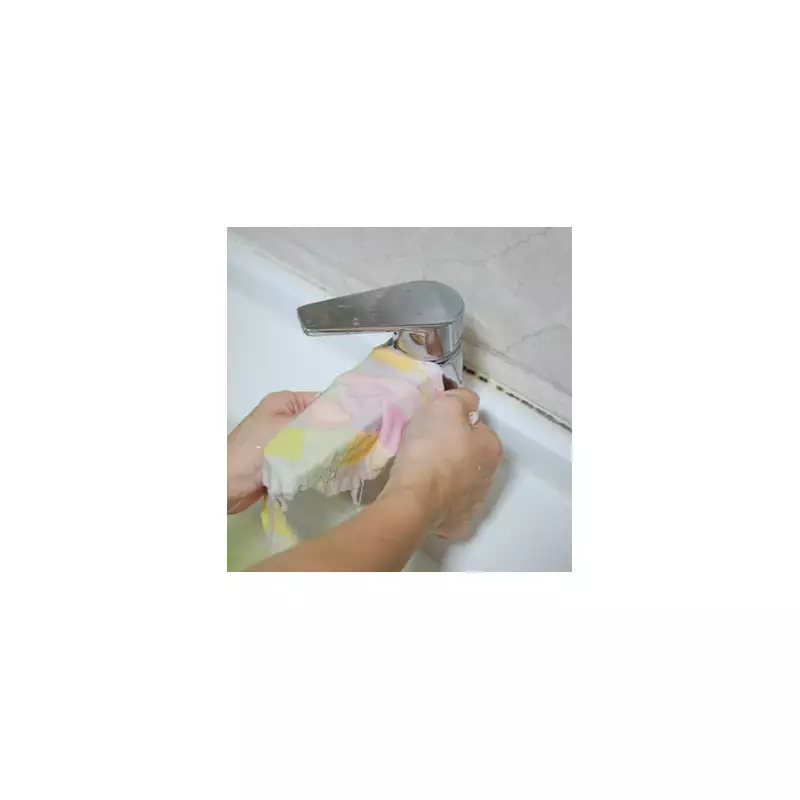
British households are discovering a remarkably simple solution to one of kitchen life's most persistent problems - limescale buildup in kettles. The secret weapon? A humble 2p coin that's revolutionising how we tackle mineral deposits.
The Science Behind the Copper Power
This isn't just an old wives' tale - there's genuine science at work. The 2p coin, minted since 1971, contains copper-plated steel. When placed in your kettle, the copper interacts with water in a way that significantly reduces limescale formation.
"The copper from the coin releases ions into the water which help to prevent limescale from building up," explains cleaning expert Sarah Dempsey. "It's a natural process that really does work wonders."
How to Implement This Game-Changing Method
- Ensure your 2p coin is clean and dated 1971 or later
- Place it at the bottom of your empty kettle
- Fill with water as normal and boil
- Leave the coin in the kettle between uses
- Replace every few months for optimal results
Why This Method Is Transforming British Kitchens
This clever hack addresses several common household frustrations:
- Cost-effective: No expensive descalers or chemicals required
- Environmentally friendly: Reduces reliance on harsh cleaning products
- Time-saving: Prevents buildup rather than dealing with it afterwards
- Energy efficient: A scale-free kettle boils faster using less electricity
Important Safety Considerations
While this method has proven effective for many, always ensure:
Only use coins dated 1971 onwards, as earlier coins may contain different materials. Always check your kettle's manufacturer guidelines, and never use this method if your kettle has exposed heating elements.
The method works best in areas with hard water, particularly benefiting households in regions like London, Kent, and other hard water areas where limescale is a constant battle.
As one delighted user reported: "I've been using this trick for six months and my kettle looks brand new. I can't believe I used to spend money on expensive descalers!"





